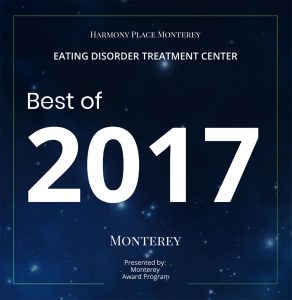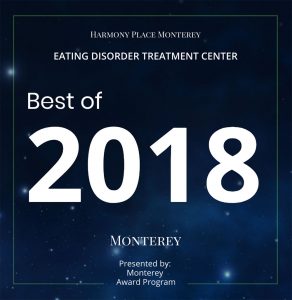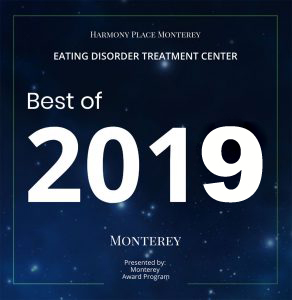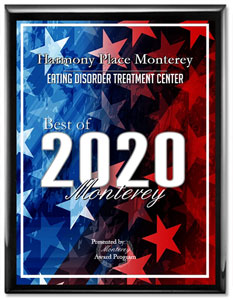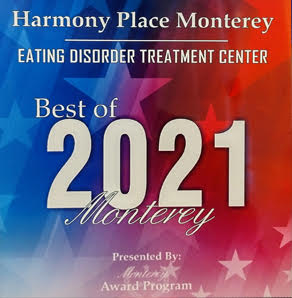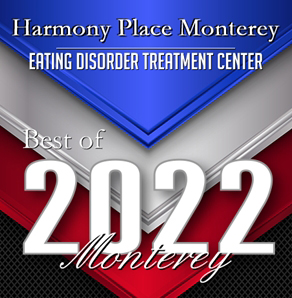Chemical Dependency Partial Hospitalization and Intensive Outpatient Programs and Relapse Prevention Treatment
The first step in drug and alcohol recovery is making the decision to stop using one’s substance of choice. Following this often difficult decision, the work begins in earnest as relapse triggers present themselves; extreme stress, relational difficulties, employment challenges, cravings and secondary addictions, often resulting in lapses in the recovery process. During this initial phase of change, it’s helpful to be supported by an IOP or PHP program that specializes in relapse prevention. The therapists and addictionologist at Harmony Place Monterey Place are here to help support you in your decision to recover. We test daily to maintain sobriety and encourage attendance at AA and other 12 step meetings.
Clients are helped to detox at another facility and then monitored daily and provided support for opiate, cocaine, barbiturates, vicodin, and other substances. Our psychiatrist will provide medical support when cravings become too great in our chemical dependency treatment program.

Photo by Erwan Hesry
The Contributing Factors Behind Addictive Behavior
As one becomes sober, it’s often difficult to access or discuss trauma and other factors that have contributed to the development of addictive behavior. During phase two of treatment, after the individual has established some sobriety, it’s crucial to examine family relationships as well as past events that be may continue to be directly or indirectly contributing to the maintenance of self-destructive behavior.
Treating the Partner and the Coupleship as well as the User.
Chemical Dependency often affects partners and families. People connected with the substance abuser may have a history of addiction, or unknowingly enable the addict through codependency. We understand that partners and family members may also need support, even if they are not necessarily found to be enabling. We recognize that in order to treat the addict, we need to treat the family/partner system that supports him/her and treat the denial or codependency that may be present in the system. At Harmony Place Monterey, we specialize in both addiction recovery and family/couples therapy, we work with the addict and his/her relational support system.
Why Choose an Intensive Outpatient Program?
An IOP or PHP supports the individual through the benefit of daily monitoring as a safety net for working on some of the difficult and complex issues that present in chemical dependency. Transitional living can help move individuals out of their own potentially triggering environment for a period of time in order to establish a significant degree of sobriety in a safe and supportive surrounding. Environmental stability is achieved at the same time the individual works to resolve major issues in one’s life, through intensive daily therapy, while making changes in lifestyle, friendships, and support systems.

Photo by Shwetangi Gupta

Photo by Daniel Watson
Harmony Place Monterey | The Best IOP Available
Long-term recovery from addiction requires extensive emotional understanding and recalibration of one’s internal world, lifestyle choices, surroundings, and the ability to establish nourishing and healthy support systems that may not have existed before.
The establishment of new internal and external processes takes time to develop and become successfully engrained as new habit. Learning to manage overwhelm, tolerate emotional or physical discomfort, uncertainty, fear, inadequacy, disappointment, are amongst common triggers and are frequently associated with relapse. At Harmony Place Monterey, we address each individual’s specific issues and needs, step-by-step, providing them with tools that will help them with be in the world and in the “self” in a different way.
These new processes take time and habit to take hold and become successfully engrained. Learning to manage overwhelm, emotional or physical discomfort, feelings of uncertainty, fear, or emotional threat, feelings of inadequacy or fears of failure or disappointment are among some of the common triggers associated with relapse and that which are critical to address step by step, by learning to be in the world, and “in the self,” differently.
Confidential Consultation
Contact us for a confidential consultation. We welcome your questions and inquiries. Let us assist you in taking whatever necessary next steps are available to you as well as to your partner, family member, or loved one.
Chemical Dependency & Substance Abuse Resources
- Sixties Drugs
- Overview of Psychedelics
- This Is Your Brain on LSD
- Drug Class: Amphetamines
- Explaining Repetitive Behavior Linked to Amphetamine Use
- Amphetamine Drugs on the Pacific Rim
- Amphetamines and Memory Loss
- Stimulants: Amphetamines and Cocaine
- Biology of Addiction
- Get Help
- Identifying Drugs
- Alcohol and Drug Use
- Where Can Families Get Information About Treatment?
- Rehabilitation Information for Families
- Substance Abuse and Mental Health Services Administration Helpline
- The Truth About Painkiller Addiction
- Successful Pain Management for the Recovering Addicted Patient
- Prevent Opioid Abuse and Addiction
- Acute Opioid Withdrawal: Identification and Treatment Strategies
- Medications for Opioid Addiction
- Opioid Abuse
- Opioid Crisis Fast Facts
